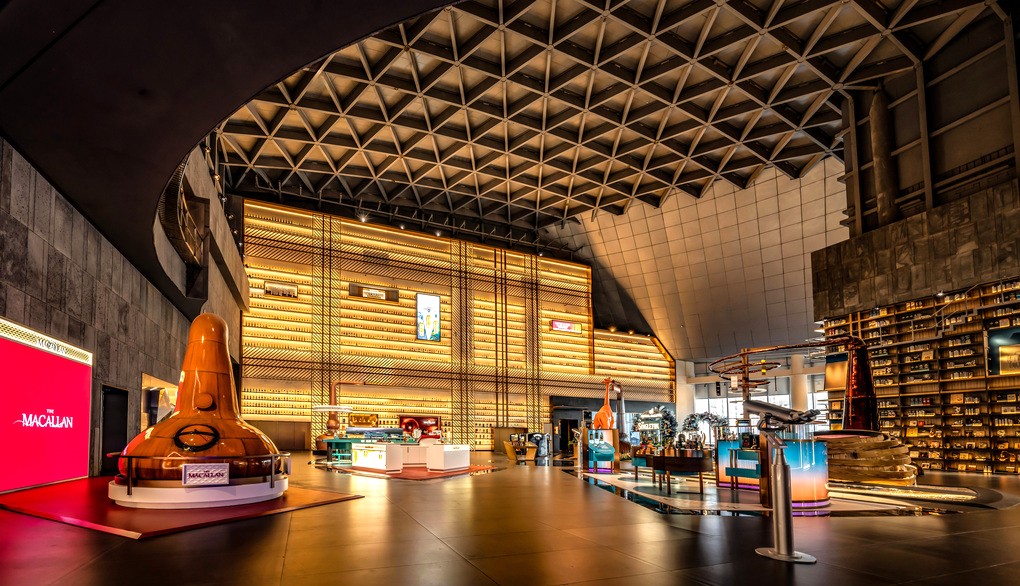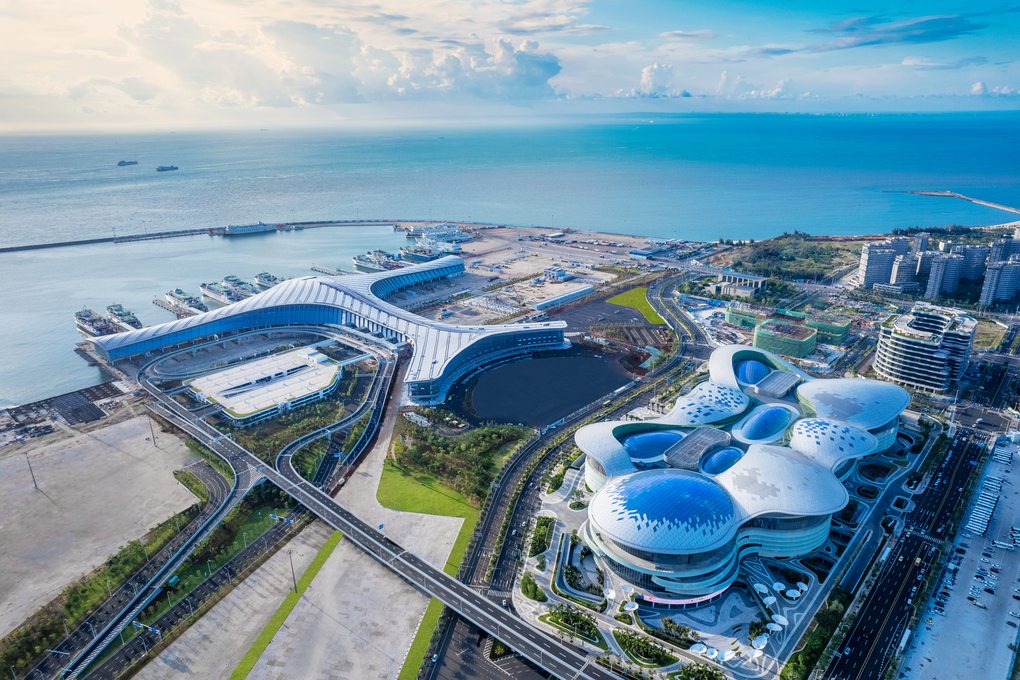SOUTH KOREA/CHINA. You can almost hear the collective sigh of relief from the entire South Korean travel retail industry.
In news with huge repercussions for the ailing sector, the Seoul and Beijing authorities yesterday agreed to end their dispute over South Korea’s deployment of US anti-missile system THAAD.
The system’s deployment early this year prompted a ferocious backlash by the Chinese authorities, including a ban on group tours to South Korea. South Korea is the world’s biggest duty free market but its huge reliance on Chinese shoppers (around 70% of total sales in 2016) left it deeply exposed to the subsequent tourism slump.
Lotte Group, parent company of Lotte Duty Free*, reacted quickly to the new in a statement supplied to The Moodie Davitt Report. “We welcome the agreement to improve negotiations between the two nations,” the company said. “It is true that Lotte suffered losses and damages that are hard for companies to afford, but we have firmly believed that a cordial improvement of relations with China would happen.
“We hope that this agreement will lead to a resumption of successful trading by companies, including Lotte, and we will make every effort to normalise our business.”
The group added however that the sale of Lotte Mart in China, whose stores bore the brunt of a Chinese boycott of Korean businesses, is already underway and will proceed.
Lotte Duty Free said: “We are expecting that the APEC summit [in Vietnam this month] will provide momentum in terms of the normalisation of the cooperative and interactive relationship between Korea and China. However, it seems that it will take a considerable amount of time before the reactivation of Korea’s duty free market, since there are certain steps that need to happen first, for example securing flights and organising travel packages. We will carefully watch how the local situation in China develops and take actions accordingly.”
The group tour ban in March led to a calamitous slump in Chinese visitors to South Korea, beginning with -40% year-on-year fall in arrivals in March. As the situation deteriorated, Chinese arrivals fell by -66.6%, -64.1%, -66.4%, -69.3%, -61.2% and -56.1% from April through September. For the first nine months of 2017, Chinese arrivals decreased by -49.6% to 3,192,248, a 32.1% share of total visitors compared with 46.8% for calendar 2016.

Now relief is in sight after the unexpectedly early resolution of the dispute. “Both sides shared the view that the strengthening of exchange and cooperation between Korea and China serves their common interests and agreed to expeditiously bring exchange and cooperation in all areas back on a normal development track,” South Korea’s Foreign Ministry said in a statement quoted widely in Korean and Chinese mainstream media.
“The two sides attach great importance to the Korea-China relationship,” it added.
China’s Foreign Ministry said the two nations would work to put their relationship back on a normal track “as soon as possible.”
The election of new President Moon Jae-in May, replacing his disgraced predecessor Park Geun-hye, helped pave the way for this week’s momentous breakthrough. Moon’s government has made a series of recent moves designed to ease Chinese concerns over THAAD, culminating in Foreign Minister Kang Kyung-wha’s announcement last week that South Korea would not extend the deployment of the system.
*Note: Lotte had allowed its land to be used for the THAAD installation, spurring a furious response against the company’s businesses in China as well as its travel retail arm.
















